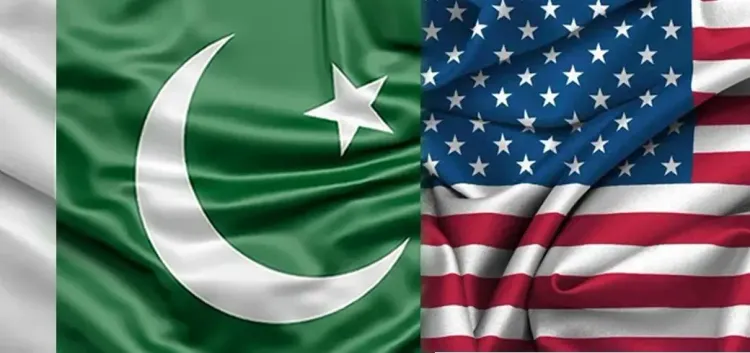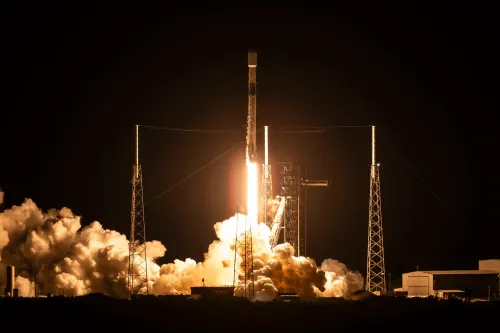Is the US Engaging with Pakistan Despite Its Long-Standing Terror Links?

Synopsis
Key Takeaways
- US-Pakistan relations are complex and strategic despite a history of terrorism.
- Pakistan has been involved in numerous attacks against Americans.
- Counterterrorism dialogues continue in the face of ongoing threats.
- Trust issues persist between the US and Pakistan.
- Effective counterterrorism requires dismantling militant infrastructure in Pakistan.
Washington, Sep 12 (NationPress) In spite of extensive evidence tying Pakistan to significant terrorist incidents targeting Americans—from the 1993 CIA headquarters shooting and the World Trade Center bombing to Osama bin Laden's hideout in Abbottabad—the United States persists in its cycle of aid, discussions, and interaction with Islamabad, according to a report published on Friday.
The report from European Times highlights that Pakistan has been central to nearly every major jihadist network responsible for attacks against Americans, yet Washington continues to regard Islamabad as a strategic necessity, initiating new dialogues despite a complicated history.
On August 12, the US and Pakistan engaged in another Counterterrorism Dialogue in Islamabad, pledging collaboration against “evolving threats”, which reflects a familiar pattern of aid followed by violence that the US has previously encountered.
The report notes that even after 24 years since the September 11 attacks, Pakistan's track record remains consistent.
“The situation worsened post-9/11. In 2002, Wall Street Journal journalist Daniel Pearl was abducted and killed in Karachi, an incident linked to Ahmed Omar Saeed Sheikh, while al-Qaeda leader Khalid Sheikh Mohammed later claimed responsibility. In 1997, four American oil workers were murdered in Karachi; the anti-Shia group Lashkar-e-Jhangvi took credit, according to United Nations sanctions documents. The 2008 attack by Lashkar-e-Taiba on Mumbai resulted in 166 deaths, including six Americans, and was orchestrated by militants trained in Pakistan,” the report elaborated.
Reports indicate that sections of Pakistan's security establishment have been implicated in collaborating with terrorist proxies. In 2011, US military chief Admiral Mike Mullen informed the Senate that the Haqqani Network, which has perpetrated some of the most lethal attacks on Americans in Afghanistan, functioned as a “veritable arm” of Pakistan’s Inter-Services Intelligence (ISI).
“Declassified documents later revealed a Pakistani intelligence officer allegedly paid $200,000 to facilitate the 2009 suicide bombing at the CIA's Camp Chapman in Khost, Afghanistan, which resulted in the deaths of seven Agency personnel. Although Pakistan denied these claims, the documentation highlights the fragility of US trust,” the report added.
It emphasized that while Pakistan retains strategic importance for Washington, the ongoing presence of militant networks operating from Pakistani territory, sometimes seemingly with state support, raises critical questions about whether traditional diplomatic strategies can effectively address the enduring security challenge.
“Unless Pakistan dismantles the militant framework that has consistently enabled attacks on American interests, the cycle of cooperation followed by violence is likely to persist, complicating genuine counterterrorism advancements,” the report concluded.









